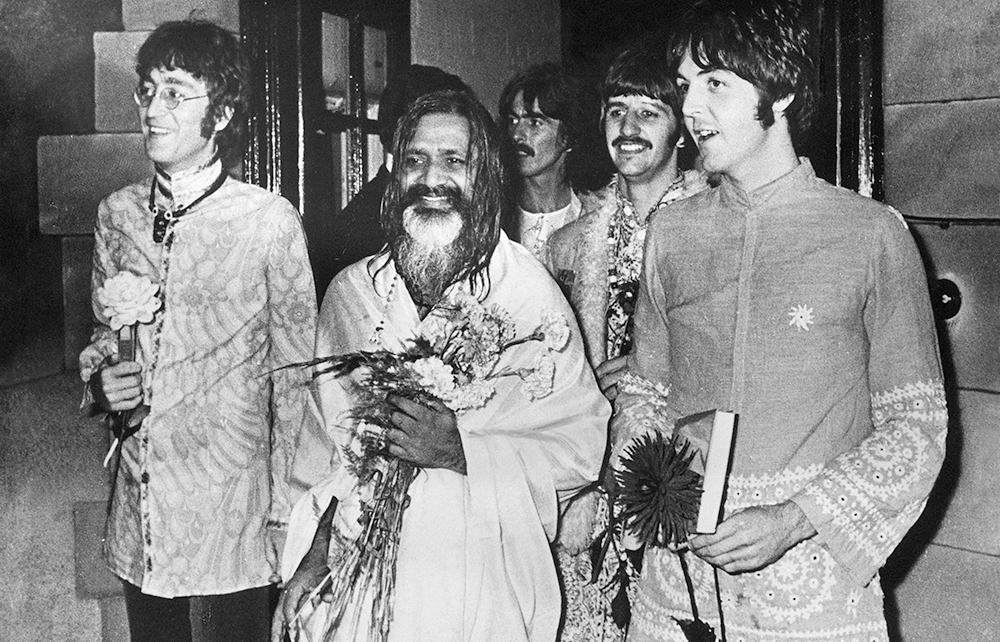In recent years when we’ve talked about the relations between India and the West, we’ve gone back to stressing the impossibility of interchange. A hundred years ago, E.M. Forster ended A Passage to India with the certainty that Aziz and Fielding could not be friends. Forster thought things would be different after Indian independence, but the spectres of cultural appropriation and the assertion of ongoing imperialist guilt have discouraged equal exchange.
Meher’s spiritual energy was soon devoted to persuading Hollywood to make a massive movie about his life
That may explain why the excellent story Mick Brown tells in The Nirvana Express has hardly been covered in the past. How western travellers to India went from sober, interested inquiry to a weirdly content-free fantasy existence, and how some sharp-minded Indians saw an opportunity to make a lot of money and garner a good deal of vulgar status are questions that don’t always show the participants in the best light, and writers have stayed clear.
In the first stages, western (principally British) observers of Indian culture were driven by scholarship and sustained by responsible investigation. Although it would not be true to say that the British were primarily responsible for an understanding of Indian culture (some maharajahs maintained scholars in their households in the same way as they provided for artists and poets), they certainly took things a step further. Sir William Jones’s researches into Sanskrit resulted in an unprecedented understanding of relationships between the Indo-European languages. Francis Buchanan, an East India Company official, surveying Bihar in 1811, rediscovered the long forgotten site of the Emperor Ashoka’s shrine at Bodh Gaya, the site of the Buddha’s first enlightenment. These men were discoverers of truth in another culture, though of course a place must also be found for orientalists such as Charles Wilkins, who in 1785 produced a translation of The Bhagavad Gita and introduced the West to a then unfamiliar culture.







Comments
Join the debate for just £1 a month
Be part of the conversation with other Spectator readers by getting your first three months for £3.
UNLOCK ACCESS Just £1 a monthAlready a subscriber? Log in